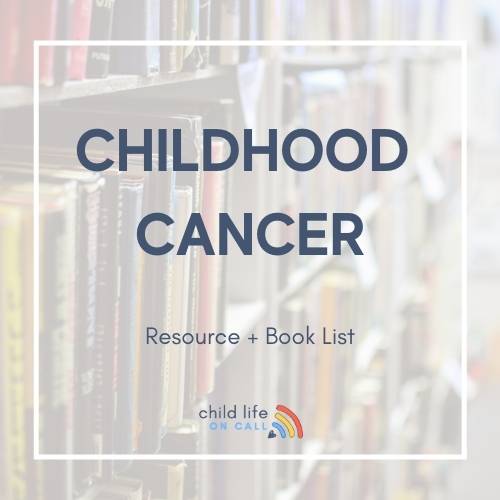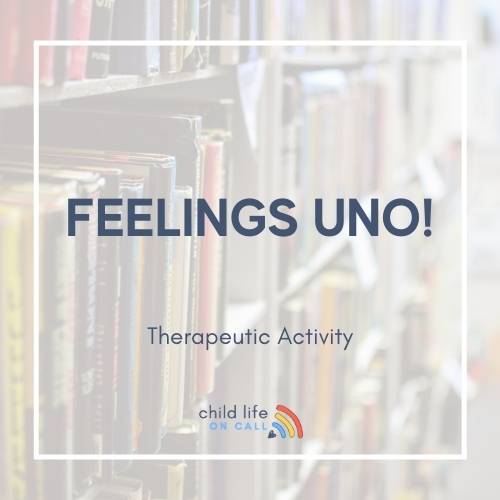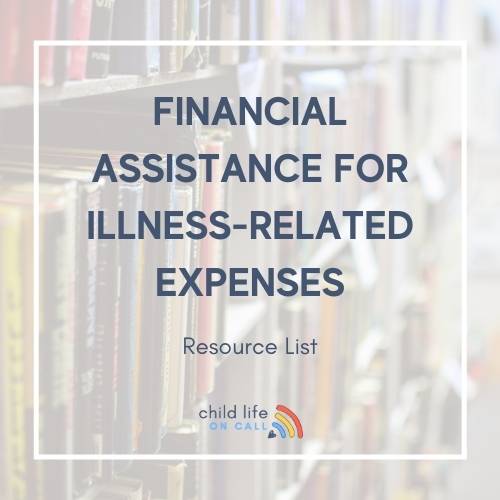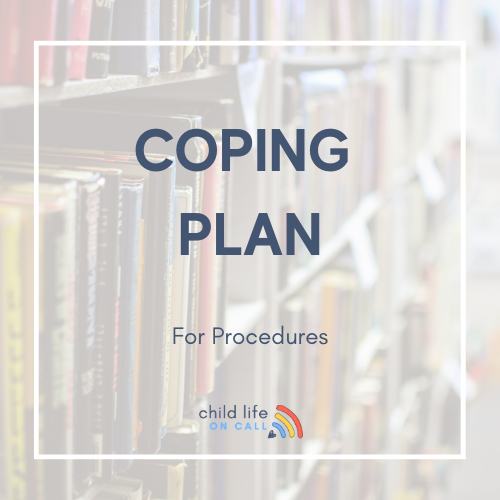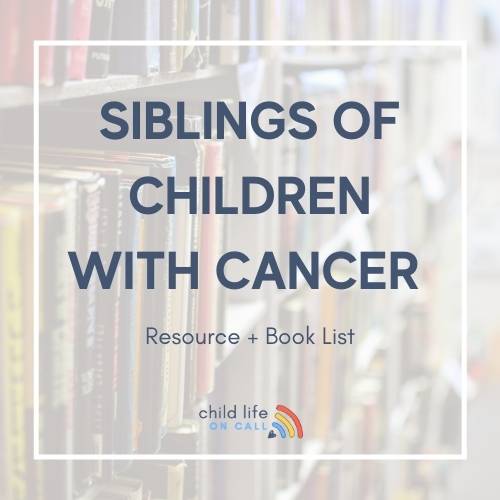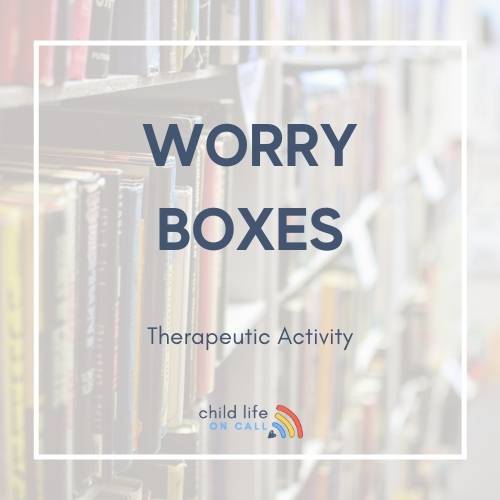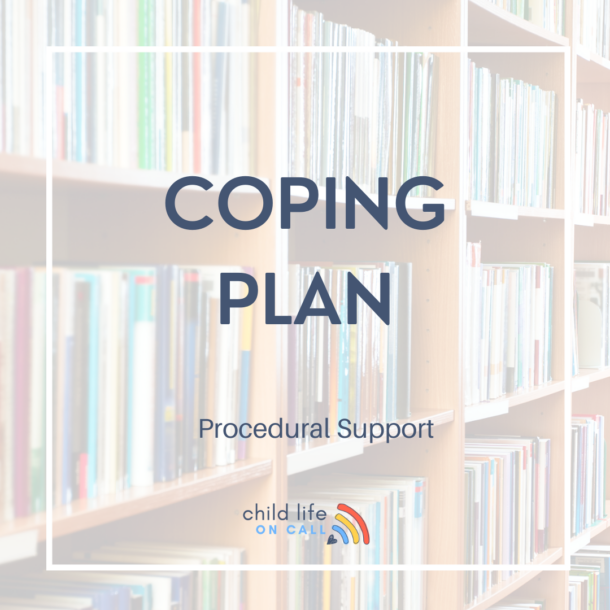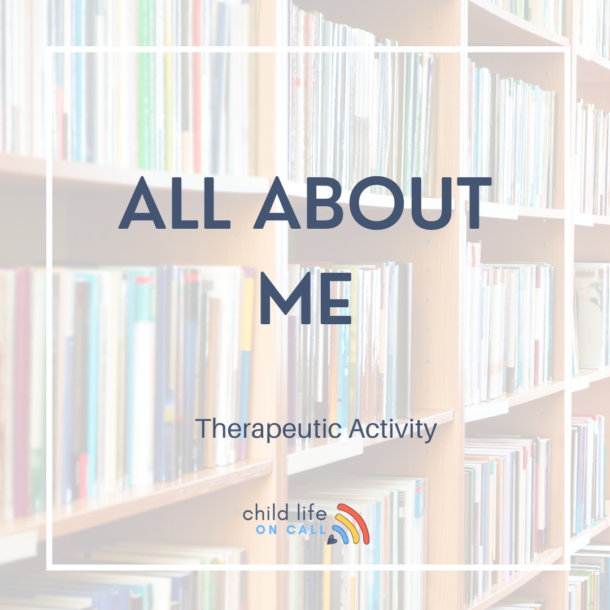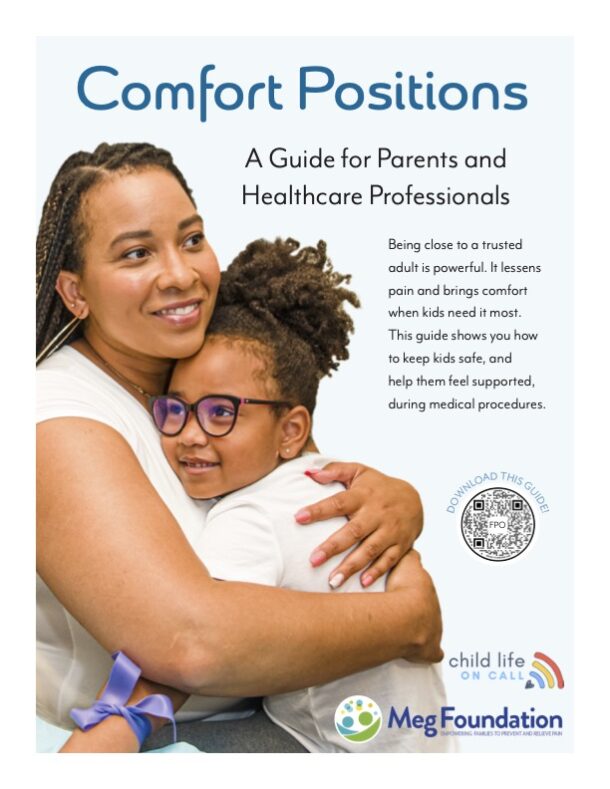Parents aren’t visitors, they are parents.
The NICU (Neonatal Intensive Care Unit) is where babies born prematurely or sickly are cared for. It can be an extremely stressful environment for parents, who may simultaneously find it hard to leave, but also find it hard to stay.
Whether the reason they are leaving is work, other children, sleep, exhaustion, recovery (and the list goes on), NICU parents need to know the care team is on their side.
When present at the bedside, they may feel like they don’t know what to do and feel out of the loop.
When families feel like they are being “judged” for any reason, a defense mechanism can activate which can inhibit the parents’ ability to be fully present when they are there. Successful NICUs are ones in which the parents feel understood by the care team, and the care team feels understood by the parents.
Here are some examples of things I’ve heard in the NICU that lead to a trusting relationship between parents and the care team.
“We’ve got your back.”
Judgment is the last thing parents need to feel when leaving the bedside. Parents deserve to feel like we are on the same team. When parents feel supported and understood, they are more likely to voice their questions and concerns with you.
What time would you like an update?
This question opens up the lines of communication so that both the clinical team and the family can decide on the next point of contact.
This is a better option than “when are you coming back?” which may feel judgmental to some families.
Who is taking care of you when you leave here?
Just like baby is needing TLC, parents do, too. Find out what their support system looks like, who is bringing them meals, and helping with child care. If the support system is limited, consult social work or child life services to see what other services may be available.
Child Life Specialists help parents cope with the stress of having a sick baby in the Neonatal Intensive Care Unit (NICU).
Certified child life specialists (CCLS) have been trained to understand how parents experience the world of the NICU. Child life specialists help parents navigate this new reality, and provide resources to help them cope.
CCLS can provide comfort for parents who may be feeling overwhelmed, and also provide education about how babies develop and what to expect during hospitalization. Parents often feel guilty when they leave their baby in the care of others, but it’s important to remember that the staff at the NICU is trained to care for these fragile infants, and it’s their honor to be with your family during that time.
CCLS can help with help support siblings of NICU patients, too. CCLS can facilitate therapeutic activities that promote bonding, teach coping skills, and educate about a baby’s hospitalization and transition home.
You can book a 1:1 virtual support session with a CCLS here, or join our free CCLS support every Monday at 10:00 AM CST.
Encourage parents to listen to other parents’ stories when they are feeling isolated.
Here are parent support groups that are available for NICU families:
Having a baby in the NICU is life-altering. But you don’t have to do it alone. Hand to Hold provides support for parents of premature babies, babies born with special healthcare needs, and those grieving a loss.
Our mission is to help families like yours during a NICU stay and through the years to come. As NICU parents ourselves, we know first-hand that the impact of the NICU can persist for many years. Our resources are designed to help you through every phase of your journey.
“When you have people in your life that don’t understand every single step of the process, it makes it so refreshing to speak with those who do.” Katonya, Riverhead, NY
Source: handtohold.org
Black Preemie Parents Community is a Facebook group just for Black parents to find “support, advice, share stories, or just vent as you go through your journey.” It’s a small group with less than 400 members providing those who join with an intimate circle of friends to reach out to during challenging times.
Source: facebook.com
Not every hospital has a March of Dimes NICU Family Support program, but it’s worth inquiring should a family find itself with a baby in the newborn intensive care unit. The nonprofit that’s committed to improving the health of mothers and babies organized its NICU Family Support program to provide families with essential materials during their child’s NICU stay. Those include things like “keepsake booklets for their NICU baby, a guide for parenting in the NICU, and a NICU guide” according to the organization’s website. For families with an infant having a shorter NICU stay, March of Dimes provides materials as well. There’s also a helpful app where families can explore their questions and concerns.
Source: marchofdimes.org
Support 4 NICU Parents was formed by the National Perinatal Association with the goal of improving the level of psychosocial support provided to families of preemies. It not only has resources to guide parents to support groups, it also has a direct contact for parents to reach out with medical and emotional questions for additional one-on-one care.
Source: support4nicuparents.org

